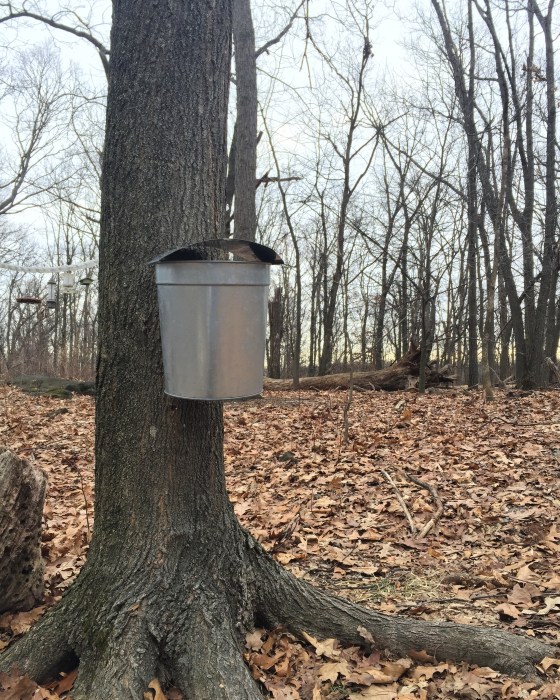As adults we all know how important a good night’s sleep is. Having a poor, restless night’s sleep can result in many physical and psychological problems. These same complications can occur in children with sleep disorders.
Pediatric Sleep-disordered Breathing (PSDB) is a condition that can affect children. A National Sleep Foundation poll indicated that two out of three children under 10 years of age have experienced a sleep problem. Several studies have indicated that these sleep problems can have an enormous impact on a child’s development.
It is recommended that children and adolescents get at least 9 hours of sleep each night. Sleep disorders can result in a significant lower amount of time asleep each night, resulting in behavior issues, acting out, agitation, outbursts and memory issues. Poor sleep can also impact a child’s performance in school, leading to declining grades in reading, writing and math. Some studies also suggest that restless sleep in children can present symptoms of depression and anxiety disorders.
Fewer than 1 in 6 pediatricians surveyed by the American Academy of Pediatrics reported feeling confident about their ability to offer guidance to parents about children’s sleep.
“Do you know how challenging the day can be when you’ve had a poor night of sleep, say, from a head cold? Well that’s what every night is like for a child affected by Pediatric Sleep-disordered Breathing”, explained Tara A. Clancy, founder of Nurturing Literacy. Ms. Clancy received a Masters Degree in Educational Psychology, with a specialization in Remedial Reading from Columbia University, Teachers College.
Ms. Clancy continued, “Sleep disorders can affect a child’s thinking and behavior, all day long. Of course, reading is impacted as well. Research shows that PSDB affects a child’s attention and phonological processing, which are both critical for a child to develop fluent reading skills. 25% of kids exhibiting ADHD behaviors are actually dealing with PSDB.”
Pediatric Dentists can help identify conditions
According to the American Sleep and Breathing Academy, “The primary roles of the pediatric dentist and orthodontist are to identify physical exam findings that may impact sleep behavior and to make appropriate referrals. Common abnormal findings on the oral examination of children include tonsillar hypertrophy, dental malformations secondary to thumb sucking or pacifier use, palate deformations, evidence of bruxism, malocclusion, and other craniofacial anomalies. Positive physical findings, along with a brief sleep-screening questionnaire can provide excellent evidence to warrant a referral to a pediatric sleep specialist for further investigation. “
Signs of Sleep Disorders In Children
If your child exhibits any of these signs discuss them with your pediatrician.
- Excessive Daytime Sleepiness (EDS)
- Trouble sleeping
- Snoring
- Nightmares
- Night terrors
- Sleep walking
- Bed wetting
Signs of Pediatric Sleep-disordered Breathing – C.O.N.E
Look for these 4 signs when your child is awake;
C – Crowded Teeth
O – Open Mouth
N – Noisy Breathing
E – Elongated Face

Suggestions to improve your child’s sleep
- Set bedtime and wake up time and don’t deviate from it.
- Relaxing bedtime routine; Bath or bedtime story
- Avoid drinks with caffeine less than 6 hours before bed
- Avoid giving children large meals before bed
- No electronics at bedtime and end TV and video games at least one hour before bed.
Learn more about Pediatric Sleep-disordered Breathing (PSDB) and Tracy A, Clancy at http://nurturingliteracy.com/about/






